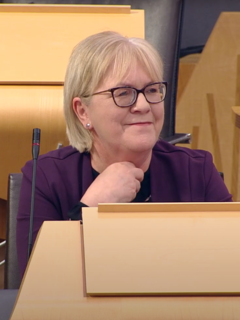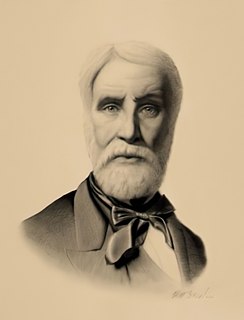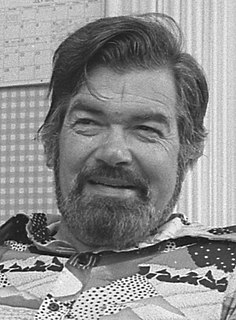A Quote by Johann Lamont
I guess it feels to me that the political argument that has been lost in my lifetime is taxation. How do you engage in that debate when people don't trust politicians at all? It is almost impossible to start a conversation about taxation.
Related Quotes
The only beneficiaries of income taxation are the politicians, for it not only gives them the means by which they can increase their emoluments, but it also enables them to improve their importance. The have-nots who support the politicians in the demand for income taxation do so only because they hate the haves; . . . the sum of all the arguments for income taxation comes to political ambition and the sin of covetousness.
Contrary to any claim of a systematically “neutral” effect of taxation on production, the consequence of any such shortening of roundabout methods of production is a lower output produced. The price that invariably must be paid for taxation, and for every increase in taxation, is a coercively lowered productivity that in turn reduces the standard of living in terms of valuable assets provided for future consumption. Every act of taxation necessarily exerts a push away from more highly capitalized, more productive production processes in the direction of a hand-to-mouth-existence.
I can hardly tell you how boring it is to interview almost every politician among the multitudes I have ever interviewed (journalists can't say this, because if people knew how boring politicians were they wouldn't read what we write), how dead the conversation feels, how bald, flat, uninteresting the message is.


































